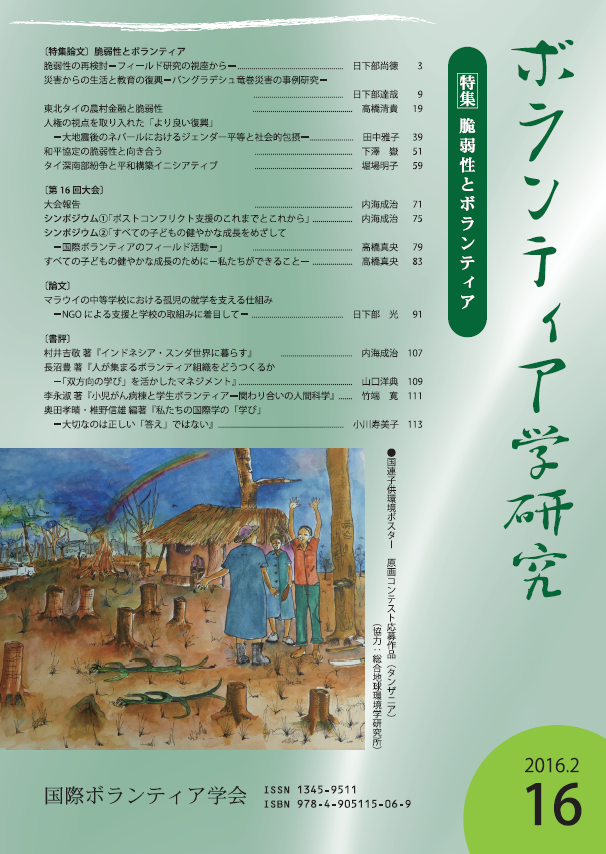Volume 10
Displaying 1-7 of 7 articles from this issue
- |<
- <
- 1
- >
- >|
-
2010 Volume 10 Pages 3-9
Published: December 28, 2010
Released on J-STAGE: April 30, 2024
Download PDF (798K) -
2010 Volume 10 Pages 11-14
Published: December 28, 2010
Released on J-STAGE: April 30, 2024
Download PDF (538K) -
2010 Volume 10 Pages 15-38
Published: December 28, 2010
Released on J-STAGE: April 30, 2024
Download PDF (742K) -
2010 Volume 10 Pages 39-77
Published: December 28, 2010
Released on J-STAGE: April 30, 2024
Download PDF (1266K) -
2010 Volume 10 Pages 81-105
Published: December 28, 2010
Released on J-STAGE: April 30, 2024
Download PDF (944K) -
2010 Volume 10 Pages 107-121
Published: December 28, 2010
Released on J-STAGE: April 30, 2024
Download PDF (963K) -
2010 Volume 10 Pages 125-127
Published: December 28, 2010
Released on J-STAGE: April 30, 2024
Download PDF (473K)
- |<
- <
- 1
- >
- >|
